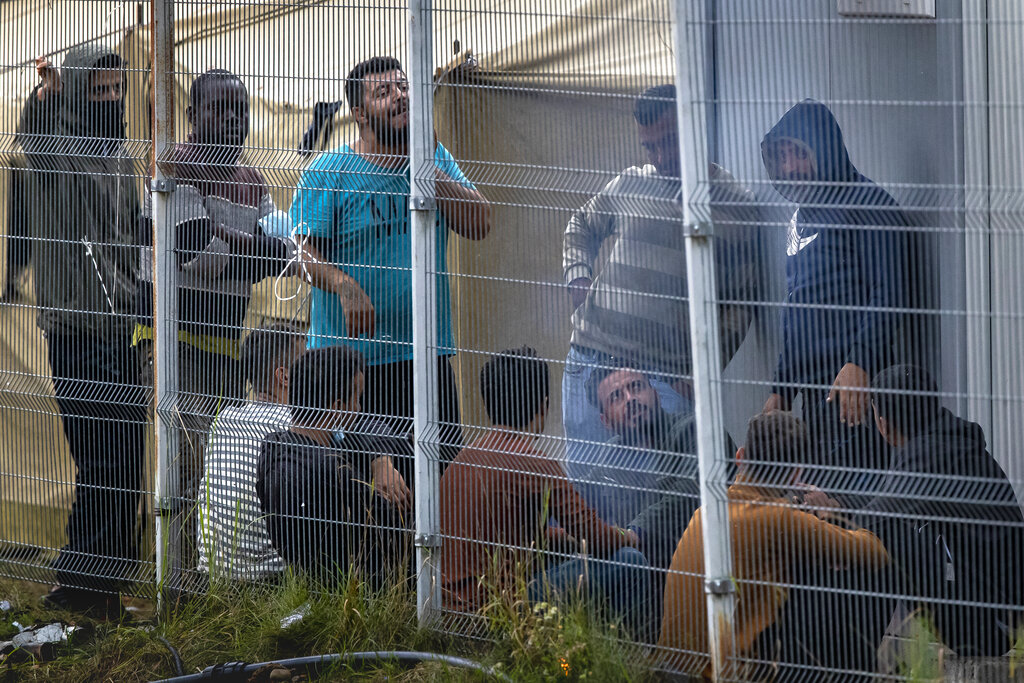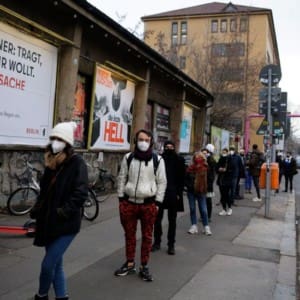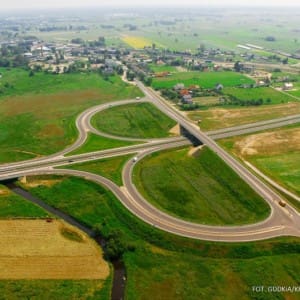Due to the increase in illegal border crossings, the Lithuanian parliament voted for the construction of a border fence on the common border with Belarus on Wednesday.
According to the legislation of the Baltic States, the measure is intended to remedy the migration emergency.
Work on erecting a total of 550 kilometers of barbed wire fence had already begun over a month ago.
“The common border with Belarus must be made strong and credible as soon as possible,” Interior Minister Agne Bilotaite said. The costs of the border protection measure are estimated to be around EUR 150 million.
According to an earlier announcement by the Lithuanian Border Guard, the fence can be completed in a few months.
According to the border guards of the Baltic country, on Tuesday alone, about seventy people have been turned back at the border, and three have been detained. Since the beginning of the year, the Lithuanian authorities have arrested approximately 4,100 illegal border crossers at the Belarusian border.
Lithuania and the EU are also accusing Belarusian President Alexander Lukashenko of deliberately handing over migrants to the EU in response to Western sanctions against his regime.
The EU is supporting Lithuania in managing migration with €37 million
The European Commission is providing € 36.7 million in emergency aid from the European Union’s Asylum, Migration and Integration Fund to Lithuania to help local authorities “increase their capacity to receive large numbers of illegal migrants arriving at the Lithuanian-Belarusian border,” an EU press release said on Wednesday.
The purpose of the support is to provide medical care for immigrants, to isolate those infected with the coronavirus, and to finance vaccinations, food, clothing, and hygiene packages. The contribution will also serve to strengthen detachments set up to identify victims of trafficking and assist those in need of international protection, according to the press release.
Following the visit of EU Commissioner for the Interior Ylva Johansson to Lithuania in early August, the committee carried out a strategic assessment of the form of financial support that Vilnius would receive for the management of external borders and the provision of adequate facilities for migrants.
Although the Lithuanian government also wanted financial support for the construction of the border fence voted today, the European Commission has confirmed that “it does not fund fences, but instead supports integrated border control solutions that ensure that illegal border crossings do not go unnoticed.”
Title image: Migrants rest behind a fence inside the refugee camp in the Rudninkai military training ground, some 38km (23,6 miles) south from Vilnius, Lithuania, Wednesday, Aug. 11, 2021. On Tuesday, twenty migrants fled the refugee camp in Rudninkai military training ground, so police conducted a search with dogs and helicopters. (AP Photo/Mindaugas Kulbis)





